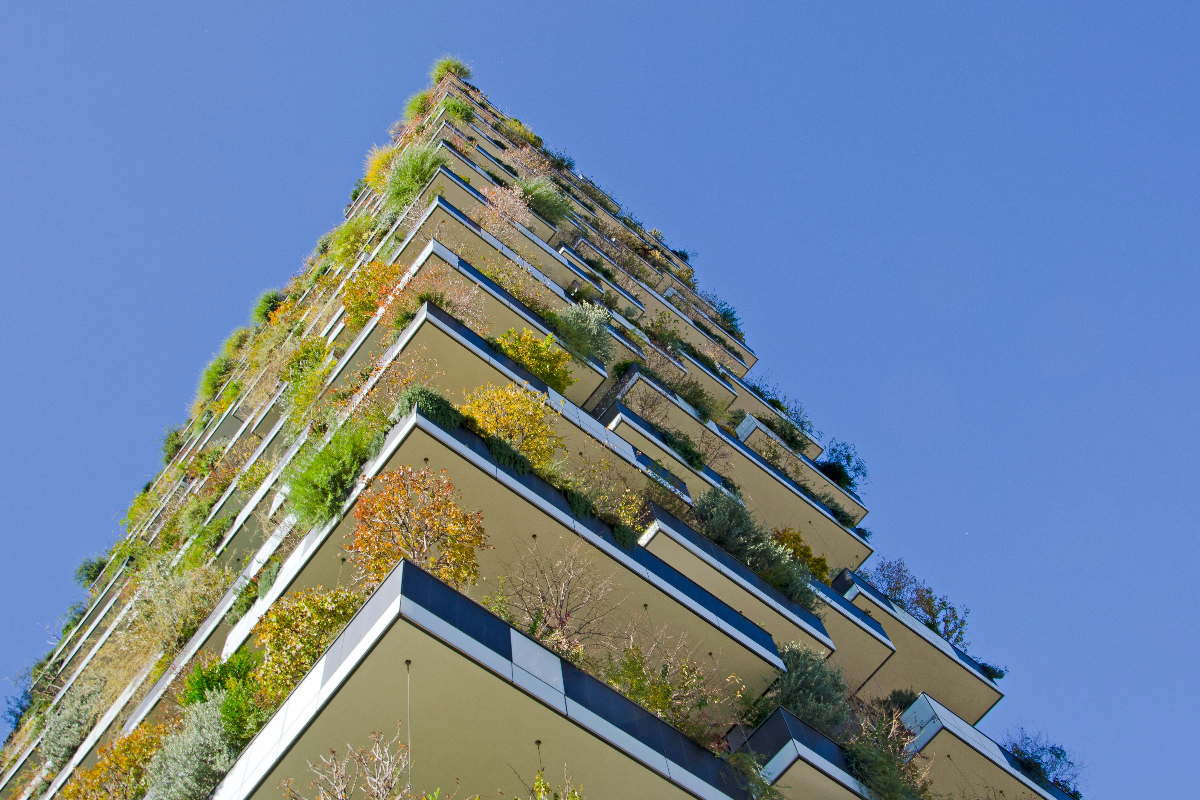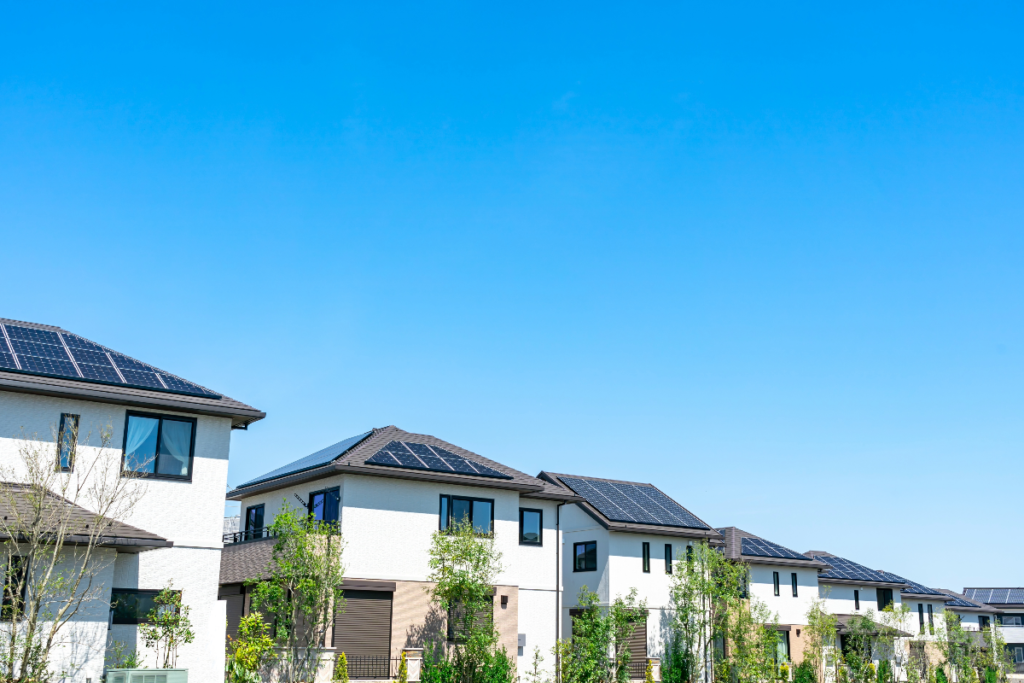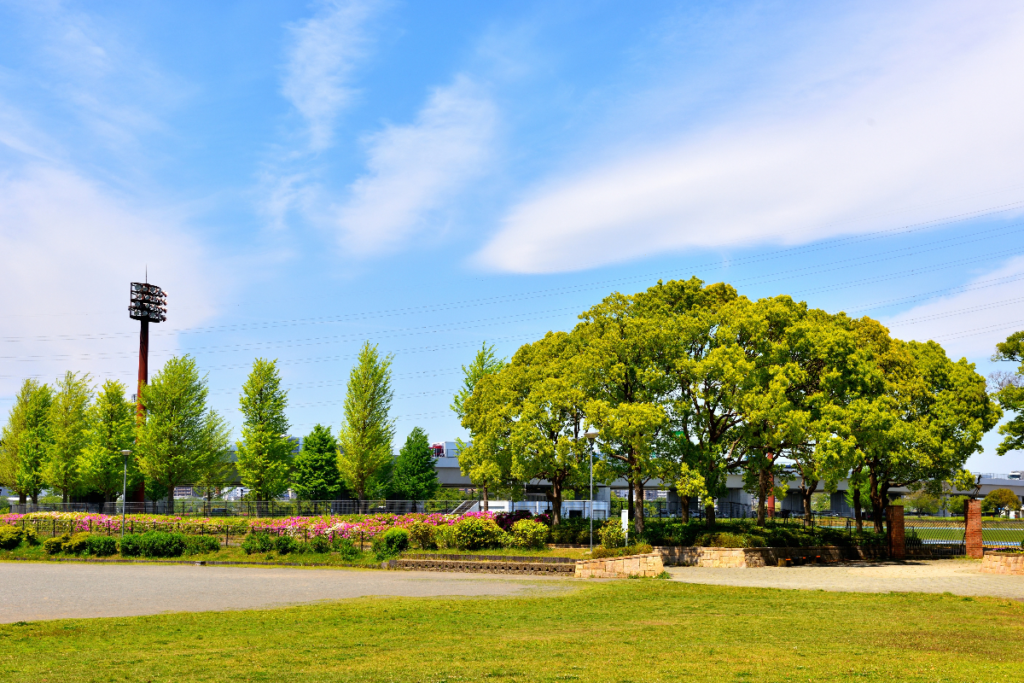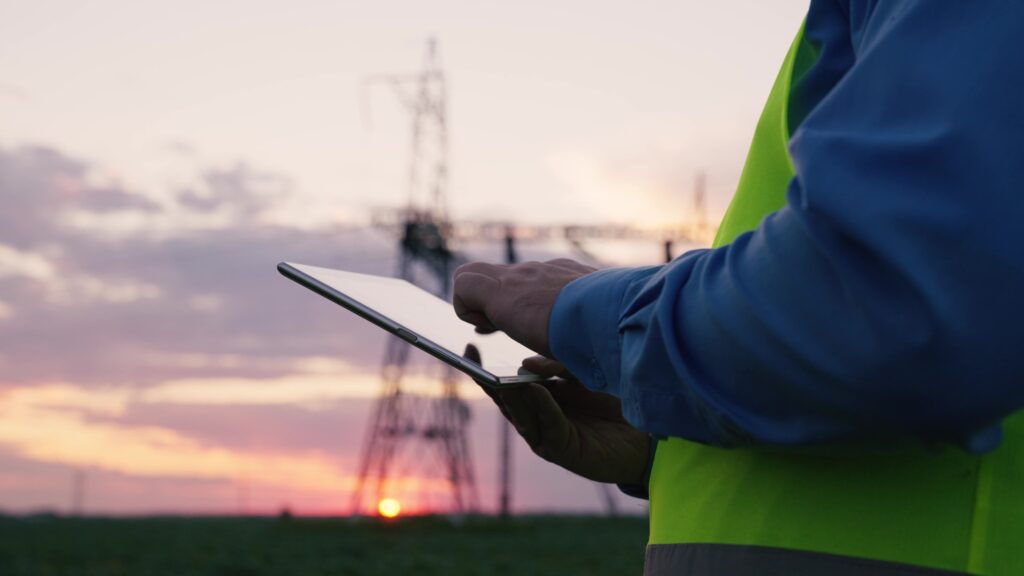Why choose a green building certification for your properties?
Check out our LinkedIn for live updates

Harrison Gash
Published:
With the rising awareness of climate change, property businesses need to adapt to the changing landscape. One effective way to showcase your commitment to sustainability is by achieving green building certificates.
Incorporating green building certificates into your property business strategy is a smart move in today’s sustainability-focused world. These certifications not only benefit the environment but also your reputation. You can attract eco-conscious tenants and investors, reduce operational costs, and position your business as a leader in sustainable property development.

What is a green building?
A green building, often referred to as a sustainable or environmentally friendly building, is a structure designed, constructed, and operated with reducing its environmental impact at the forefront. Green buildings aim to efficiently use resources, reduce energy consumption, conserve water, and promote healthier indoor environments for occupants.
Green buildings will be powered by renewable energy sources, with most generating their own renewable electricity. Other key characteristics include the integration of efficient insulation and ventilation systems, eco-friendly materials, and sustainable construction practices. These buildings are designed to be energy-efficient, with a reduced carbon footprint. This often incorporates features like rainwater harvesting, natural lighting, and efficient waste management systems. Ultimately, green buildings seek to strike a balance between meeting the needs of today while safeguarding future generations by significantly reducing their environmental impact.
Want to learn more about our renewable energy solutions? Click here!
What green building certifications are available?
There are a vast majority of green building certificates on offer for business’ property:
BREEAM (Building Research Establishment Environmental Assessment Method)
BREEAM is one of the most widely recognised green building certificates in the UK. It is a comprehensive assessment method that evaluates the sustainability of buildings across various categories:
- Energy and water use
- Internal environment (health and wellbeing)
- Management processes
- Pollution
- Transport
- Materials
- Waste
- Ecology
Your building will receive credits for each of the above categories. From this, you’ll then get a final rating. This is based on the points you get. In order to ‘pass’, your building will need at least 30 points, this then gradually increases to ‘outstanding’ with over 85 points.
This certificate not only enhances the market value of your properties but also helps reduce operational costs through energy and water efficiency measures. Additionally, it positions your business as a sustainability leader in the property development sector, setting you apart from competitors. The BREEAM certification is also required in new healthcare buildings too.


LEED (Leadership in Energy and Environmental Design)
While LEED is more commonly associated with the US, it’s beginning to gain traction in the UK as well. The LEED certification focuses on sustainability across the design, construction, and operation of buildings. It emphasises energy efficiency, sustainable materials, and indoor environmental quality. The certification aims to reduce building’s contribution to global climate change, enhance individual human health and protect and enhance biodiversity and ecosystems, taking a holistic approach to sustainability.
The certification is split into ‘certified’, ‘silver’, ‘gold’ and ‘platinum’. This is based on the points scored from different categories:
- carbon,
- energy,
- water,
- waste,
- transportation,
- materials,
- health and indoor environmental quality.
By obtaining LEED certification, your property business gains access to global markets and international investors who value eco-friendly properties. LEED also demonstrates your commitment to environmental responsibility and resource efficiency, resulting in lower utility costs and higher tenant satisfaction due to healthier indoor environments. There are currently only 16 organisations with a LEED certification in the UK, so this could be a huge selling point for your properties.
Passivhaus
Passivhaus is an energy efficiency standard originating from Germany. Developed by the Passivhaus Institute, it sets rigorous energy performance targets, with a focus on minimising heating and cooling energy demand through insulation and airtightness.
In order to achieve the Passivhaus Standard in the UK, you’ll need to be able to demonstrate that your building has very high levels of insulation, high performance windows with insulated frames, airtight building fabric and ‘thermal bridge free’ constructions. These standards ensure that your building maintains a constant heat. Their airtightness levels are around 20 times higher than a standard build, so a Passivhaus standard usually means that your building can reduce the amount of heating you need.
Achieving Passivhaus certification means your property business can significantly reduce energy consumption, leading to substantial cost savings. This certification also provides a competitive edge in the market, especially for energy-efficient homes, while simultaneously contributing to carbon reduction and energy efficiency goals set by the government.
What options are available for renewable energy? Click here to find out!
SKA Rating
SKA Rating, established by the Royal Institute of Chartered Surveyors, is a sustainability assessment method designed specifically for fit-out projects in commercial properties. It works by assessing interior fit outs based on elements such as energy and water efficiency, waste management, and materials selection.
Projects are assessed against a criteria known as ‘good practice measures’ (GPM). These are:
- Energy
- CO2
- Waste
- Water
- Pollution
- Transport
- Materials
- Wellbeing
To achieve your SKA rating, there are four steps you’ll need to take:
- Scope: The SKA assessor will review the scope of relevant assessment criteria. They’ll then decide which ones fit best with the project.
- Design stage assessment: the assessor will work alongside the project team to ensure as many scopes are followed as possible. A design stage assessor is then assigned to provide the rating for the project.
- Handover assessment: Once a handover is complete, the final assessment is submitted.
- Certification: After the handover assessment is submitted, the assessor can then download their certification. The project is then certified from that point onwards.
By choosing SKA Rating, your property business can support sustainable interior design and fit-out decisions, leading to enhanced environmental performance within commercial spaces. This demonstrates your commitment to sustainability to any potential tenants and clients, which can ultimately translate into increased occupancy rates and leasing opportunities. Additionally, SKA Rating can reduce operational costs over the long term by implementing energy-efficient fit-outs.
Why choose a green building certification?
Choosing a green building certification is a strategic decision for property businesses for several compelling reasons. Firstly, it provides a credible way to demonstrate your commitment to sustainability, which is increasingly valued by environmentally conscious tenants and customers. Green building certifications offer a clear framework for setting and achieving sustainability goals, guiding your projects toward energy efficiency, reduced environmental impact, and healthier environments. Additionally, certifications often result in other benefits, such as lower costs through reduced energy consumption and water usage.
Green building certifications can also help your property business stay compliant with evolving environmental regulations and government incentives. Ultimately, choosing a green building certification is a strategic investment that not only benefits your bottom line but also contributes positively to the planet’s health and future.
Contact us
Want to secure a green building certificate for your site, but not sure where to start? Our team of experts are on hand to help your business work towards its sustainability goals. Contact Flame Energy today to learn more about how we can support your business.




